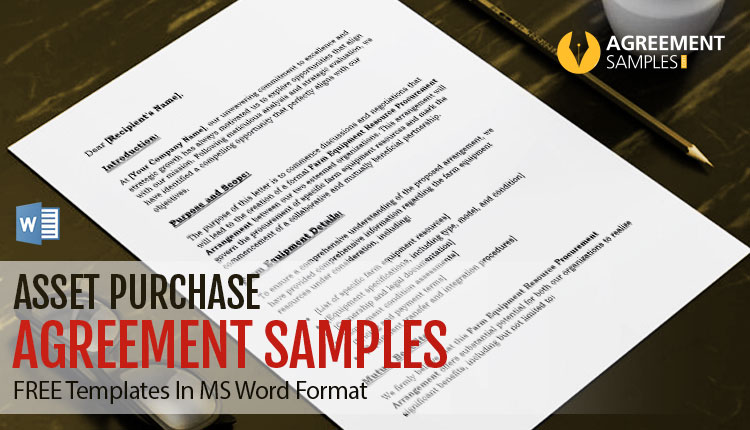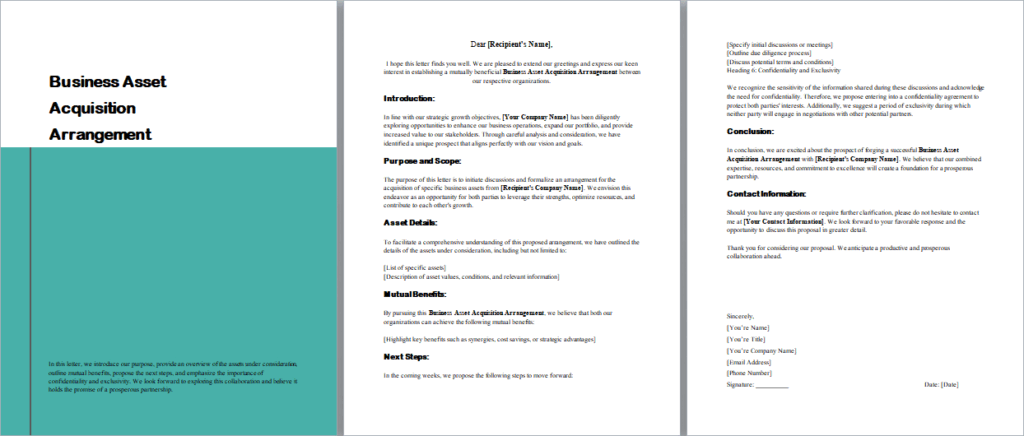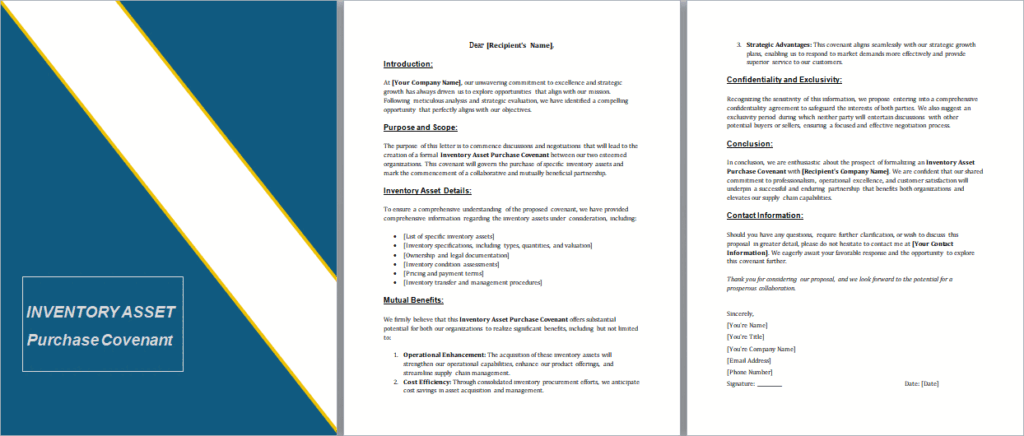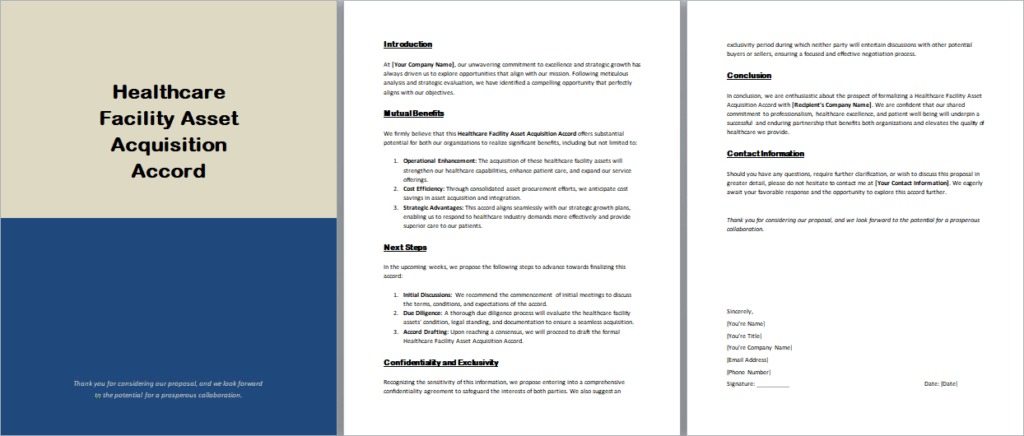Buying or selling assets? Whether you’re a business owner, legal professional, or just looking to simplify the process, you’re in the right place. We’ve gathered 13+ free, user-friendly Asset Purchase Agreement templates to help make asset transactions smoother and clearer. From intellectual property to equipment, our templates cover a variety of scenarios, ensuring both buyers and sellers are on the same page. You can easily tweak them to fit your specific needs, saving you time and preventing misunderstandings. Simplify your asset deals and get the right agreement with ease!
Embarking on an asset purchase journey? Let us be your trusted companion. Our carefully crafted Asset Purchase Agreement templates, created in Microsoft Word, are designed to make your life easier. With just a simple click on the button below, you can access our free template, tailored to your convenience.

Say goodbye to the confusion and stress of drafting agreements from scratch. By downloading now, you’re taking a significant step towards ensuring a smooth and legally sound asset transaction. Download your template today, and let’s make this process effortless for you!


























← Previous Article
13+ Free Event Sponsorship Templates to Elevate Your Success!